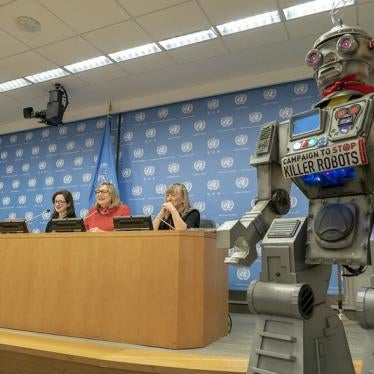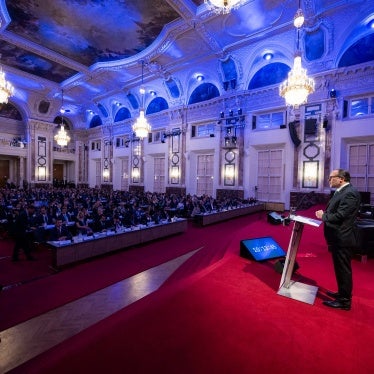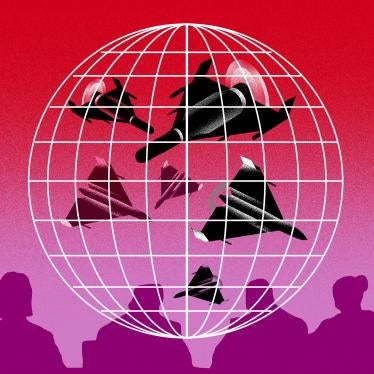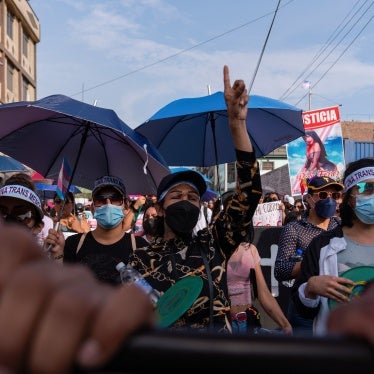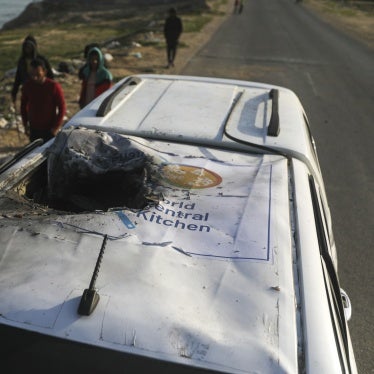Thank you Mr. Chairman.
In January 2009, the United States submitted a reservation to Protocol III, which prompted objections by many states. Upon its consent to be bound by the protocol, the United States reserved “the right to use incendiary weapons against military objectives located in concentrations of civilians where it is judged that such use would cause fewer casualties and/or less collateral damage than alternative weapons….” If accepted as valid, this reservation would create an exception to Protocol III’s Article 2(2) prohibition on using airdropped incendiary weapons in civilian areas. It would also exempt the United States from the Article 2(3) requirement that states use incendiary weapons to attack military targets in civilian areas only when they are “clearly separated from the concentration of civilians.” This insistence on the lawfulness of using incendiary weapons in civilian areas under certain circumstances further weakens the norms against the use of such weapons and undermines the protocol’s existing protections for civilians. So long as the United States demands the right to use incendiaries in civilian areas contrary to the requirements of Protocol III, it will be more difficult to convince states and non-state armed groups of the impermissibility of such attacks.
The Vienna Convention on the Law of Treaties forbids states from filing reservations that are “incompatible with the object and purpose of the treaty.” Attempting to circumvent Protocol III’s Article 2 rules on use of incendiary weapons in concentrations of civilians is incompatible with the object and purpose of the protocol, which is to protect civilians.
Accordingly, at least 16 states parties have objected to the reservation, and no states have expressly accepted it. The language of the reservation is unacceptably broad because it gives military commanders too much discretion to use incendiary weapons in concentrations of civilians. Even if the reservation is recognized as invalid, the fact that the United States could argue that it is permissible reflects a lack of clarity in Article 2.
The Report of the Fourth Review Conference mentions that reservations should be in accordance with the object and purpose of the protocol. That is in serious doubt in this case. Given the contentiousness of this reservation, we call on the Review Conference to devote time for a thorough discussion of the reservation, as well as of the need to revisit the protocol because of its humanitarian shortcomings. It would not speak well for the credibility of the CCW if this discussion is not held.
Thank you.
